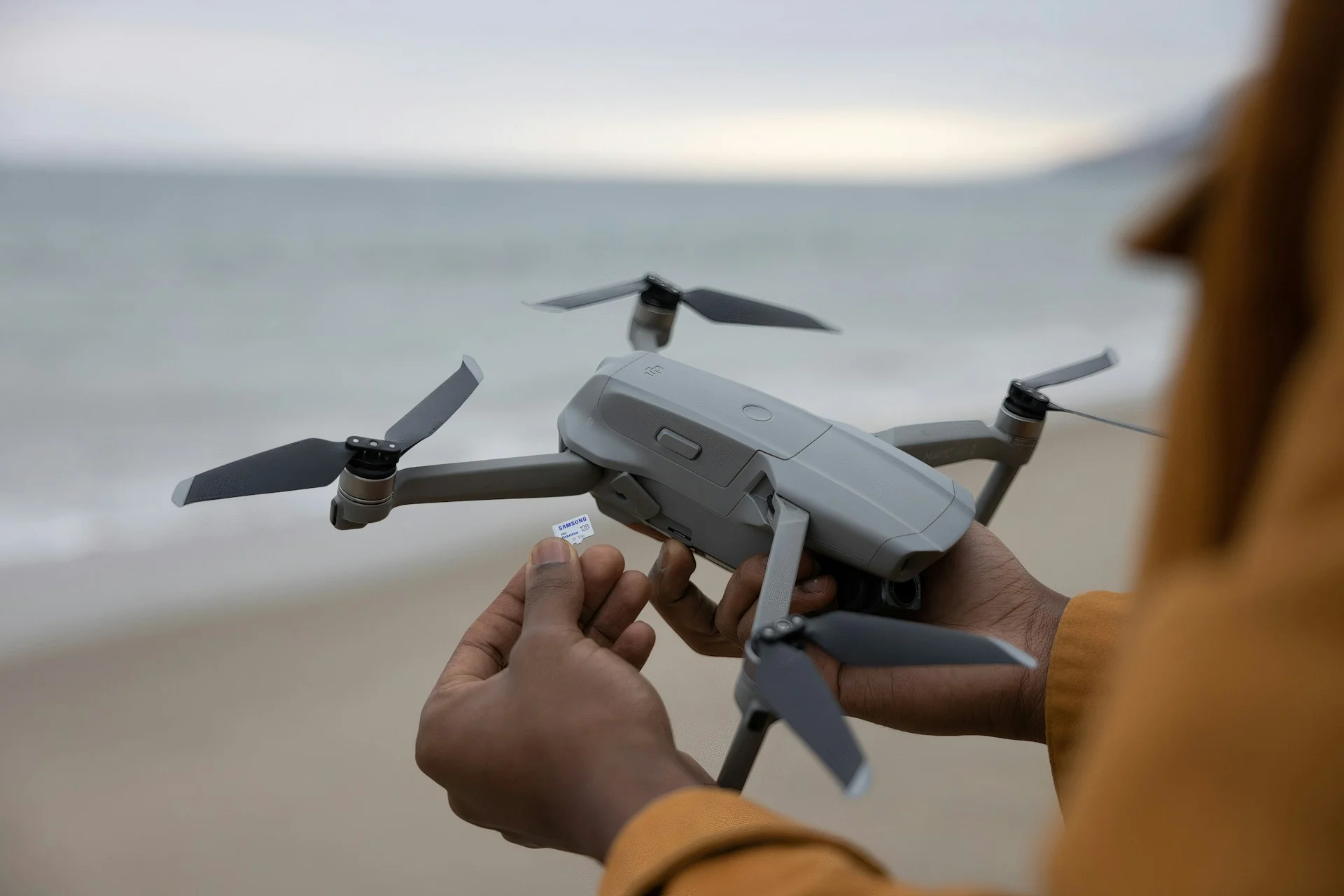China’s Drone Giant Fights Stigmatization Amid Tensions Rising
DJI, the world’s largest civilian drone manufacturer, is in a potentially unprecedented legal showdown with the U.S. Department of Defense. In a battle to secure a bright future, the firm wants to shake off a “Chinese Military Company” label: one that it describes as false and damaging. On Friday, the company DJI filed a lawsuit against itself for clearance from the U.S. government’s list of entities allegedly linked to the Chinese military, arguing that the DoD’s decision was devoid of evidence.
Since its entry in 2022, DJI has faced extreme financial and reputational damage. The company argues that it has lost many business deals, has been subjected to federal contracting bans, and has had its employees publicly harassed. Consequences are grave since DJI’s management is doing all it can to clear the mist over itself and get back to its established position in the world market.
DJi’s Problem since 2022: Stigma and Losses

Its troubles started in 2022, when DoD classified it as a “Chinese Military Company.” That put it in a category where it was, a priori, and automatically, a “national security threat.” He claims it has spurred widespread business and social stigmatization. Employees describe being harassed in public. DJI is banned from working with multiple U.S. federal agencies.
In its lawsuit, DJI claims that this classification is baseless and that the DoD has not given a good reason for such a label. According to DJI, the complaint reflects that the DoD only responded last September after DJI threatened to file a lawsuit and used all kinds of incorrect reasoning.
Here you can read DJI’s full defense and lawsuit .
The Growing Scrutiny from the U.S. Government of DJI
It is the first major case, but DJI has been in the crosshairs of the US government for some time now. The company started attracting unwanted attention after the US Army banned its units in 2017 from using the equipment over the security implications. The US Interior Department suspended its entire fleet of DJI drones due to spying risks in 2019, further pointing fingers at DJI’s alleged ties with China’s government.
In 2020, the U.S. The Department of Commerce added DJI to its Entity List and barred US firms from exporting technology to the company. The reason was that DJI allegedly enabled human rights abuses in China, specifically surveillance in Xinjiang. DJI provided drones that were allegedly used to surveil the Uyghur minority, who faced repression on a huge scale, according to the allegations. In 2021, the U.S. Treasury added DJI to its list of Non-SDN Chinese Military Industrial Complex Companies.
These actions have had a deep impact on DJI’s business in the U.S. Some government agencies had been forbidden from purchasing new DJI drones, and last week DJI announced that certain of its products were blocked by U.S. customs under the Uyghur Forced Labor Prevention Act.
DJI Defense: Separated from the Chinese Government
Throughout these allegations, DJI has seemed to maintain innocence. The company claims it is neither owned nor controlled by the Chinese government, nor has it played a role in the mistreatment of the Uyghurs in Xinjiang. According to DJI, the drones it sells may be used for various purposes outside of its control, many of which have been beneficial—to first responders, in particular, in the United States.
DJI claims that independent audits by consulting firms and U.S. government agencies, including the DoD, have found no significant security threats associated with their drones. But the perception of risk lives on, as does DJI continued to push back against these claims.
Investment of China in DJI
The company, DJI, admitted in its lawsuit that two investment funds controlled by the People’s Republic of China took minority investments in the company. However, DJI explained that the investment was extremely minor. According to records, the Shanghai Free Trade Zone Equity Fund has less than 1% of DJI shares and less than 0.1% of voting rights. The Chengtong Fund also ceased investment in June 2023.
In other words, the majority of control at the company stays with founder Frank Wang and early members Henry Lu, Swift Xie, and Li Zexiang, who collectively hold 87% of company shares. DJI claims that the company is independent of the Chinese government despite those small stakes.
For more information about DJI management and company, please visit the official website.
What Lies Ahead: Congressional Ban on the Horizon?
Meanwhile, while DJI fights the battle in the courtroom, Congress is pushing an outright import ban on DJI hardware-the reason cited: national security. The House of Representatives already passed an import ban by tacking it onto the National Defense Authorization Act, but the Senate did not include the ban, though that could yet change.
This proposed ban, though, has weaknesses. Congress, even if it passes the legislation, would apply to only new DJI products. All existing drone owners will be allowed to fly their drones. Stores can continue selling in stock DJI products. Still, a wholesale ban on new imports would be an enormous blow for DJI’s U.S. market presence.
Conclusion: The Legal Battle of DJI and its Future Status
in the United States.
It is another critical moment in the long, hard struggle of DJI to distance itself from Chinese government and regain popularity at the U.S. market. It has repeatedly distanced itself from allegations of human rights violations and involvement with the military in China, but the lawsuit the Department of Defense has filed against it indicates there are far more pressing issues.
At this point, it is unclear what the future path ahead for DJI in the United States will be, with the Congress gearing itself to look at banning imports and the DoD standing firm. However, the company insists on fighting these claims and clearing its name as the U.S. Government continues to probe further into the workings of this Chinese Firm. The outcome of DJI’s legal battle might just spell a precedent on how other companies coming out of China might be treated in the United States.
Stay updated: Tech News


